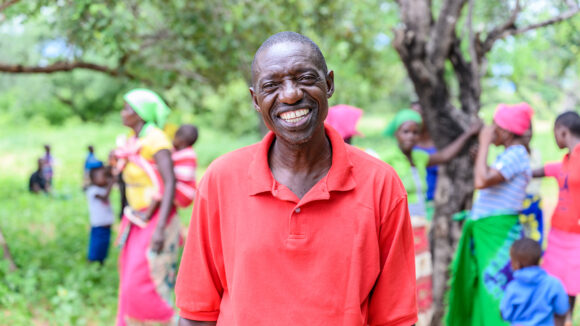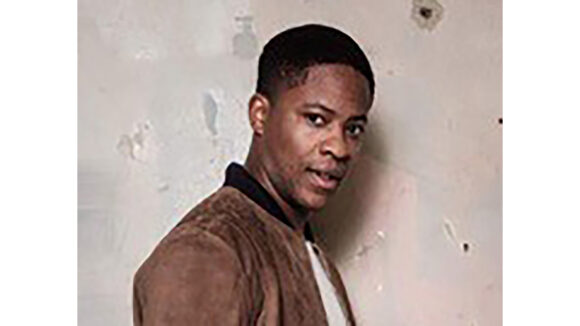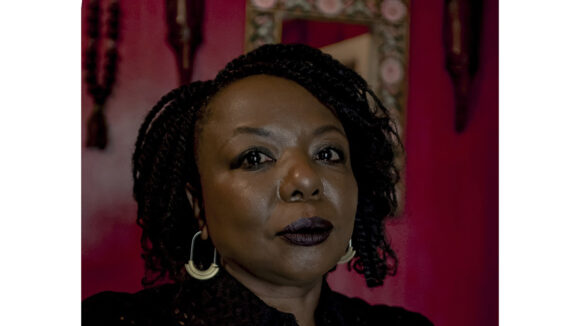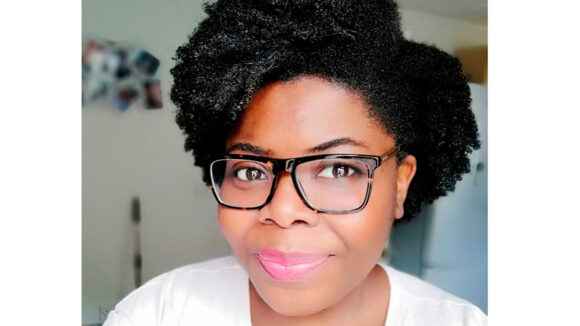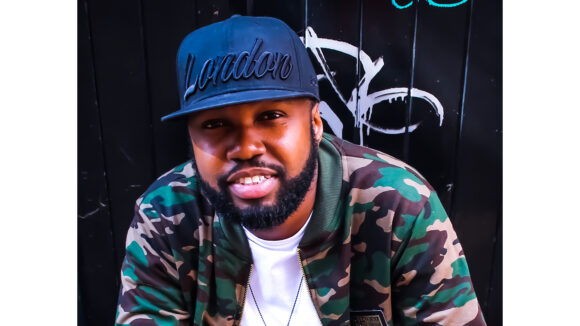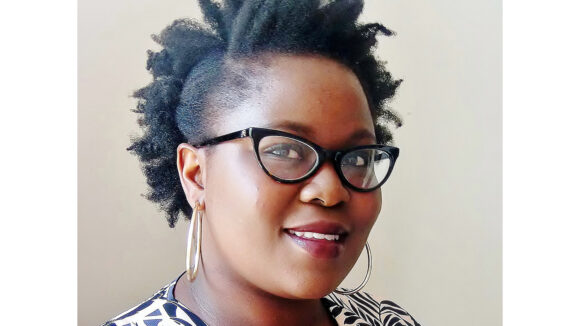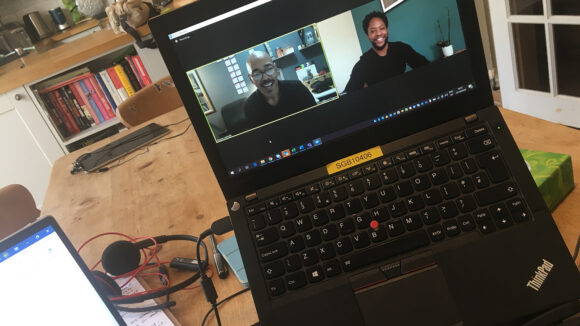Trachoma in words
Hear our contributors bring to life the words of people living with trachoma, and join the fight against this cruel disease.

Help make trachoma history
DONATEThe powerful words in our short film describe what it feels like to have trachoma. It’s a devastating eye disease but is entirely preventable, and we can eliminate it for good.
Trachoma is the world’s leading infectious cause of blindness. It’s been around for thousands of years but many people have never heard of it.
Why did we make this film?
Sightsavers has worked hard for the past 70 years on projects that protect sight and fight for disability rights. Here, we wanted to draw attention to trachoma, a potentially blinding infection, and our work to eliminate it, in a new way.
It struck us that when we first learned about trachoma it was often the descriptions of the condition that really stayed with us. The words of those with trachoma, often describing hard-to-listen-to actions like plucking out the eyelashes, were always memorable, and always heartbreaking.
We felt that those words – the real words of people with trachoma – needed to take centre stage and do the talking. So we worked with five different contributors to bring the words to life. Scroll down to read more about our fantastic contributors.
Despite its cruelty, trachoma is avoidable and treatable, and Sightsavers is working tirelessly towards its ultimate elimination. People do not need to suffer from this cruel disease – and the more people that know about it, the more people can support our fight to beat it.
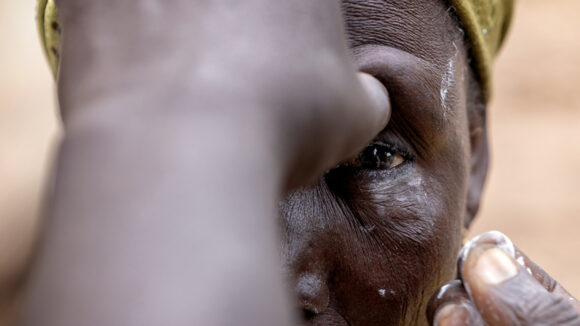
What is trachoma?
More than 115 million people worldwide are at risk of going blind from the disease.
More about trachomaWhose words are in the film?
Although our talented contributors feature in the film, we undoubtedly wanted the real attention to be on the owners of those powerful words. Our short film uses the words of six people who have lived with the pain of trachoma.
"I use my fingernails or sometimes a neighbour’s tweezers to remove my eyelashes."
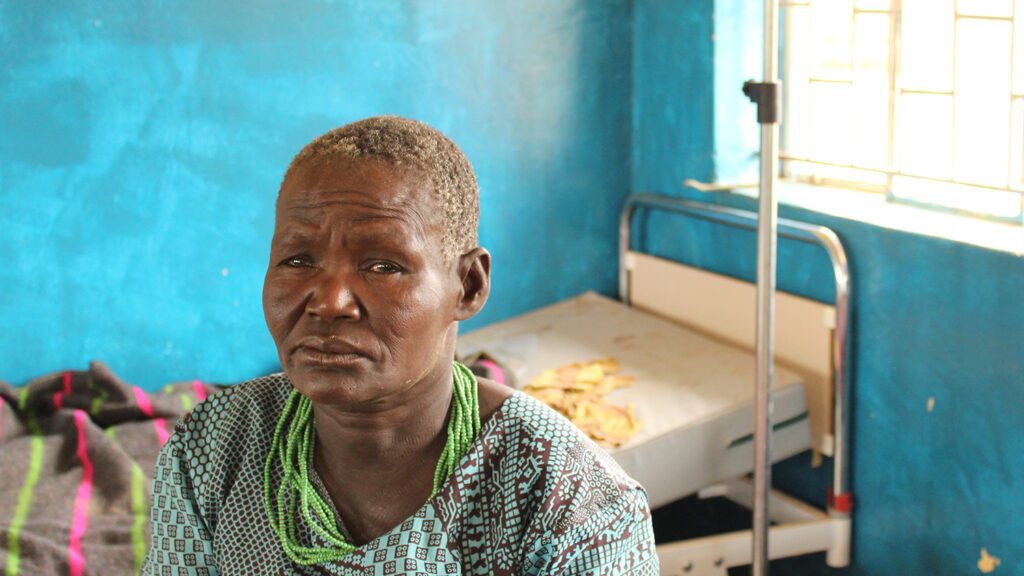
Before her surgery, she told us: “My eyelashes are scratching. I ask my son to remove them when I can’t do it myself. It’s hard to open my eyes to see," she said. "I use my fingernails or tweezers to remove them. If they break off, they are the worst ones. They hurt even more."
Help free more people from trachoma
Donate todayAlso featured are the words of ophthalmic nurse Jeremiah, who works on the front line in Zimbabwe and knows all too well the pain trachoma can cause patients and their families.
Jeremiah has been working as an ophthalmic nurse since receiving training from Sightsavers more than 20 years ago. After his grandmother went blind, he was determined to stop the same happening to other people.
“The best part of my job is to see someone’s life transformed for the better.”
Who are the contributors?
With the campaign focusing on such powerful quotes, it was important to us to ensure they were delivered by people who really understood words and the impact they can have. We are so happy to have the support of these amazing individuals – each of whom lives and works with words in a different way.
“What a horrible thing to have to watch someone you love in constant pain… all for the sake of something that is so easily treatable.”
Born in Lagos, Nigeria, ‘Tomiwa Edun trained at the Royal Academy of Dramatic Art (RADA). Since graduating, ‘Tomiwa has enjoyed an extensive career across film, TV and theatre. He played the first ever black Romeo at Shakespeare’s Globe.
“These people have jobs and lives and families and that’s really clear… you’re giving a story narrative and that equals agency and that’s very important to me.”
Ellah P Wakatama OBE is editor-at-large for Canongate Books. She is the Creative Manchester senior research fellow at the School for New Writing at Manchester University and serves as the chair of the AKO Caine Prize.
“The power of an African woman… you salute their energy. They keep going.”
Andrea Chika Chukwu-Ahern is a Nollywood actor / producer based in the UK and also the CEO and co-executive producer at 1st ClockWise Film Production. She is an actress, singer, acting coach, producer and media consultant with a rich history of working in the entertainment industry and on social media campaigns.
“I think it’s great that we are using the words of the people going through this… we’re just amplifying them speaking for themselves.”
Karl Nova is a hip hop artist, performance poet and award-winning author who also works as an educator running hip hop-flavoured creative writing workshops in schools all over the UK as well as abroad. He has toured across Europe.
“This year has taught us what loneliness can feel like. If we can do something to help someone be free from the loneliness (of trachoma) then why not?”
Zodwa Nyoni is a Zimbabwean-born screenwriter, director, playwright and poet. She was the 2014 writer-in-residence at the West Yorkshire Playhouse via the Channel 4 Playwrights’ Scheme and is a participant of the BBC Writers Room North Scheme.
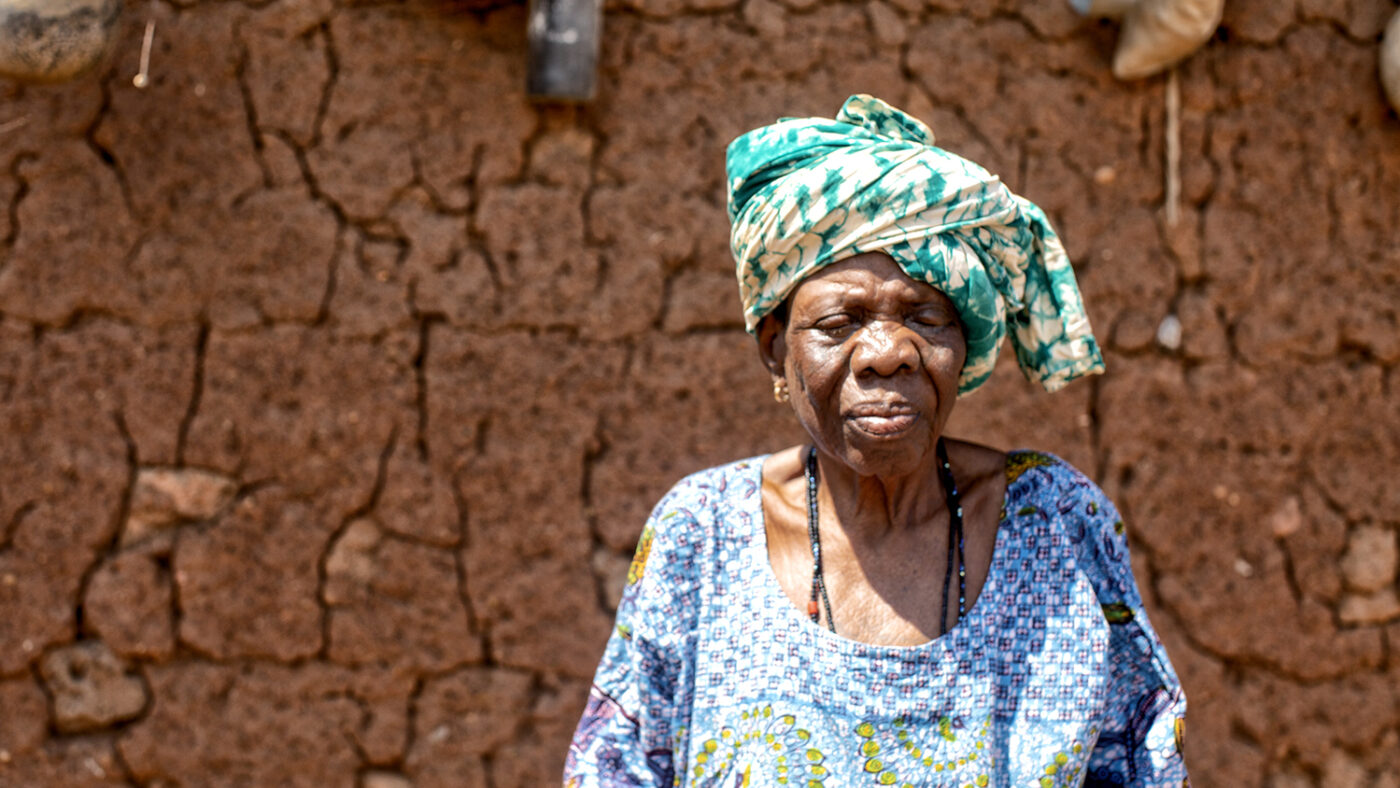
How did Sightsavers film this campaign?
In the ever-changing environment of a global pandemic, filming the campaign was a challenge. But we worked with an excellent film-maker, Kwame Lestrade, who had (out of necessity) become very skilled at working online.
Rather than get everyone together in a studio, which was our Plan A, COVID-19 restrictions meant we opted to work with each ambassador individually via a video conferencing platform to record the footage we needed.
How can I help?
Sightsavers is working hard to eliminate trachoma in the countries where we work. Yet we can’t do it without you. So few people know about this cruel disease and we need as many people as possible to be part of the fight.
Will you help spread the word by sharing our film?
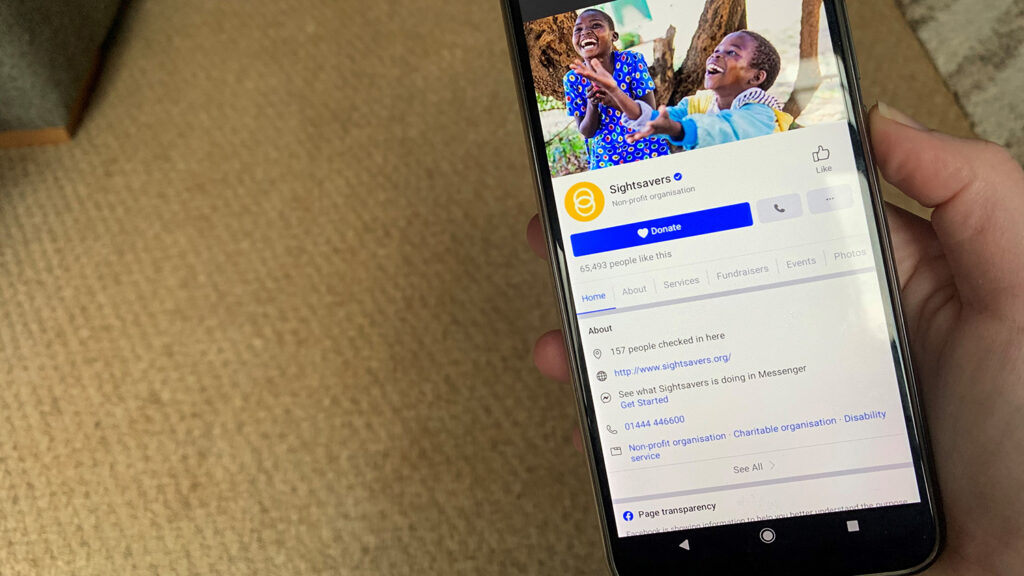
We can't make trachoma history without your help.
